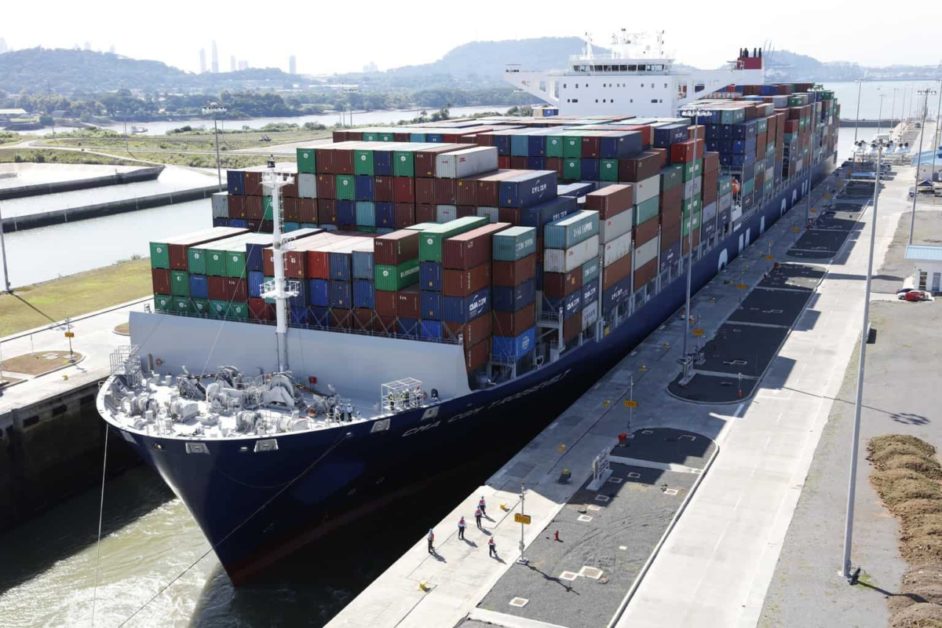As a result of the Comprehensive Economic Partnership Agreement (CEPA) between India and the UAE from May 2022, global shipping lines are launching new container services between India’s ports on the west coast and the UAE.
This is in anticipation of increased trade between the major trading partners, which will largely benefit Indian exporters, especially in labour-intensive sectors like gems and jewellery, textiles and leather.
Shipping majors Maersk and the Singapore-based SeaLand launched new services in November. Another Singapore-based Ocean Network Express (ONE) will commence a new service on December 8, and many more lines will follow suit, say officials in the shipping industry.
ONE’s new India Gulf Service (IGS) will cover the rising trade demand between the two countries. The weekly service will have the port rotation of Jebel Ali, Mundra, Hazira, Nhava Sheva, and Jebel Ali.
After the US, UAE is the second largest export destination of India with exports of $28 billion in the year 2021-22. For the UAE, India is the second largest trading partner for the year 2021 with an amount of around $45 billion (non-oil trade), according to the Embassy of India, Abu Dhabi, UAE.
Other routes introduced
Maersk launched the ‘Shaheen Express’ connecting the India-UAE-Saudi Arabia corridor with ships rotating being Mundra, Pipavav, Jebel Ali, Dammam, and Jebel Ali and back to Mundra.
The main commodities moving between these two countries that will benefit from the increased capacity include FMCG such as electronics, perishables such as foodstuff, retail goods including textiles and apparel, and chemicals. The service will benefit the exporters of the petrochemical sector from the eastern province of Saudi Arabia, said Maersk.
SeaLead launched a new service connecting India and the UAE to East Africa. India-Dubai-East Africa (IDEA) began on November 22 as a weekly service with four ships, two from SeaLead and one each from OOCL and TS Lines. The port rotation will be Nhava Sheva, Mundra, Jebel Ali, Khalifa, Mombasa, Dar Es Salam and Nhava Sheva.
Lalit Chandra Trivedi, an expert on railways, said that these time-tabled shipping services should be connected with a time-tabled synchronous train to provide seamless connectivity with inland container depots in the Indian hinterland. This can bring down logistics costs through a reduction in both transit time and container rentals.







